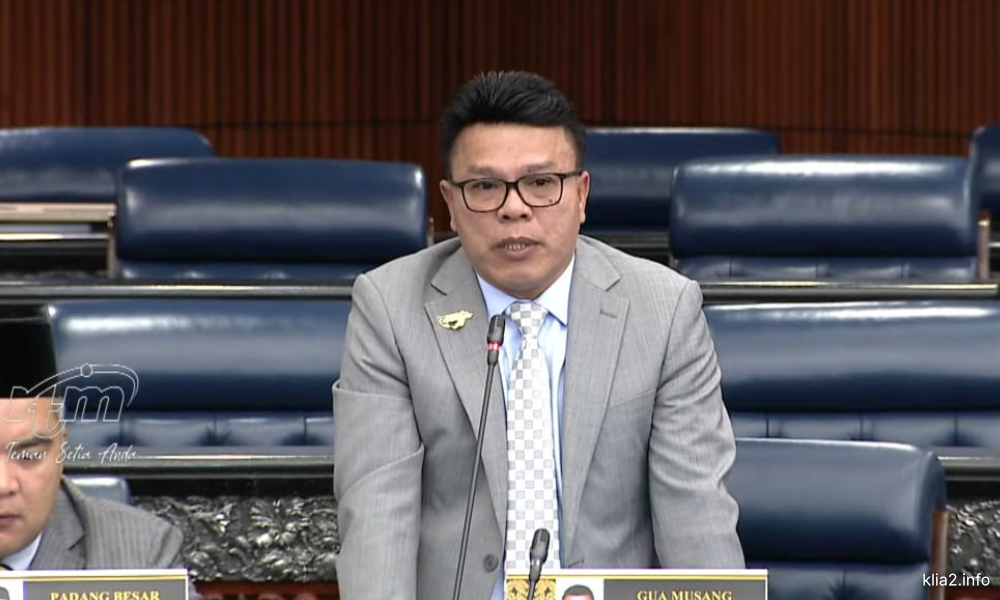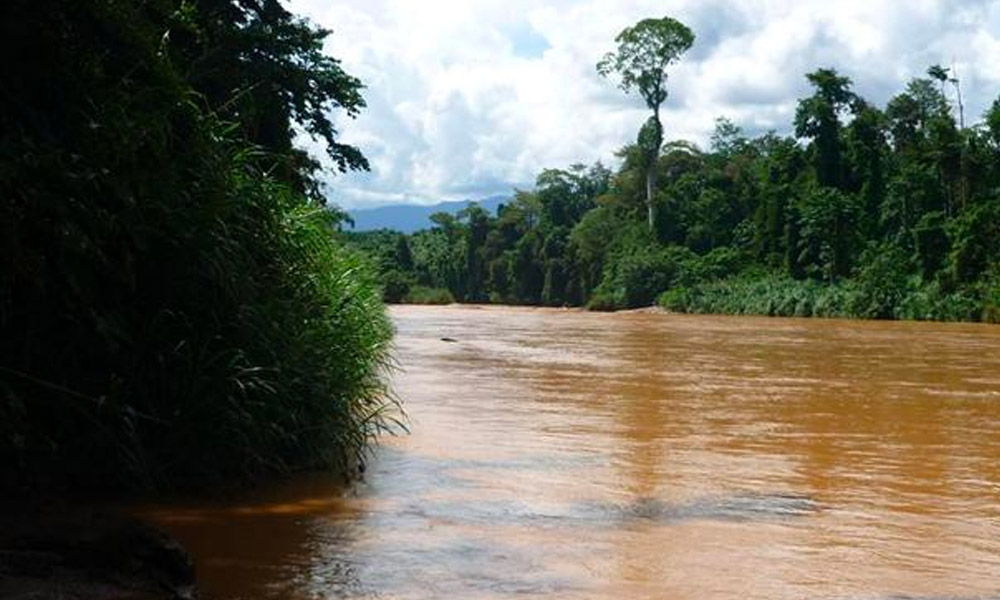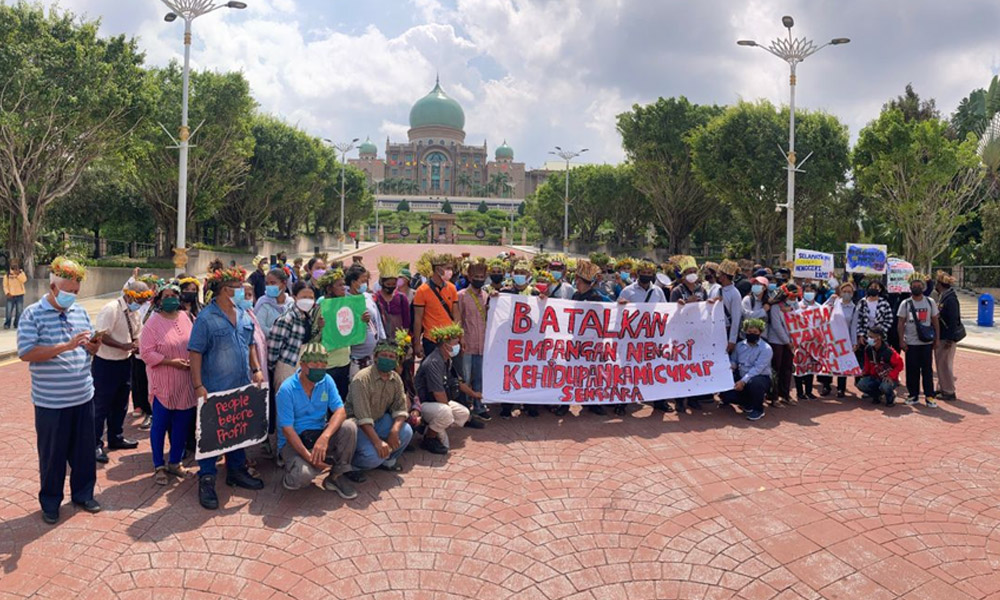Gua Musang MP Mohd Azizi Abu Naim has admitted that the Nenggiri Hydroelectric Dam project will permanently impact the daily lives of approximately 1,200 Orang Asli from three villages in the area.
However, he said expert studies have already been done, including environmental impact assessment, social impact, heritage impact and mineral potential.
The government has also planned new and improved villages for the Orang Asli community there, he added.
“Before the implementation of this project, experts have already planned and undertaken preliminary studies.
“I cannot deny that the construction of this large-scale project which covers almost 55 sqkm, directly affects the daily activities of approximately 1,200 indigenous people from three villages namely Pos Pulat, Pos Tohoi and Kampung Kuala Wias.
“But the federal and state governments as well as Tenaga Nasional Berhad have already taken proactive actions by forming new villages that are more organised and better guarantee the comfort of every indigenous household in the three villages,” he told Malaysiakini.
Azizi, the Bersatu member who defeated longest-serving Gua Musang MP Tengku Razaleigh Hamzah in the last polls, is also the Nenggiri assemblyperson.

He called for the Orang Asli, who are mainly from the Temiar group, to be part of the proposed development because it has a big impact on the economy and society.
“The project greatly benefits the national economy and most importantly, it will reduce the phenomenon of severe flooding that always occurs due to the overflow of the Nenggiri River every monsoon season.
“Therefore, as MP and assemblyperson, I humbly apologise and call on all the indigenous communities in the villages involved to collaborate and take the positives from the construction of this project,” he said.
Struggle continues
Yesterday, Malaysiakini reported that more than 3,000 Orang Asli in the area have vowed to continue their fight against the project.
They said the project will lead to the destruction of their source of income as well as irreplaceable links to their culture and heritage.
According to representative Mustafa Along, the Orang Asli built their settlements along the river.

He said while not many villages will be directly destroyed due to the project, the land where they cultivate crops and perform rituals will be demolished, as will the resting places of their ancestors.
“Once the dam is built, it will block the main road and we will have no choice but to travel further to get to the nearest town. Right now, the journey takes about five hours and the time will be doubled with the dam blocking the road.
“We would need to spend more on fuel and logistics,” he told Malaysiakini.
Mustafa added that the villagers are living in hundreds of settlements across eight zones - Wias, Pasik, Gob, Simpor, Tohoi, Bihai, Angkek, and Depak - which are located along the Nenggiri River.

Persatuan Aktivis Sahabat Alam president Hafizuddin Nasarudin said the project may also increase wildlife-human conflicts.
There have been cases of wild elephant and tiger attacks in Orang Asli farms in the area which resulted in fatalities and continuing the project may exacerbate the issue as the animals lose their habitat, he added.
Hafizuddin also expressed concern about losing Gua Cha, where a prehistoric human skeleton was found.
“Think about the value of Gua Cha. It would be a great loss to us because the project will destroy the cave,” he said.
Universiti Kebangsaan Malaysia researchers found the skeleton in June last year. Researchers believed the skeleton could be traced back to a prehistoric civilisation that settled in the Nenggiri valley some 14,000 years ago. - Mkini




No comments:
Post a Comment
Note: Only a member of this blog may post a comment.